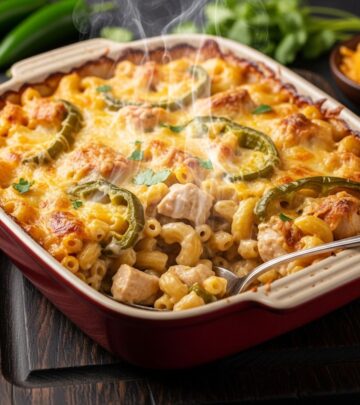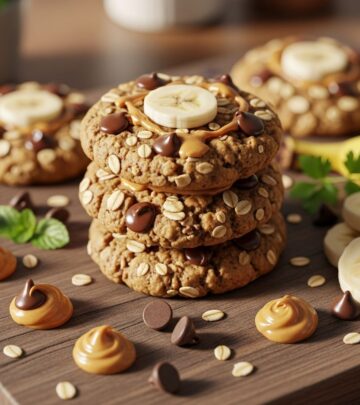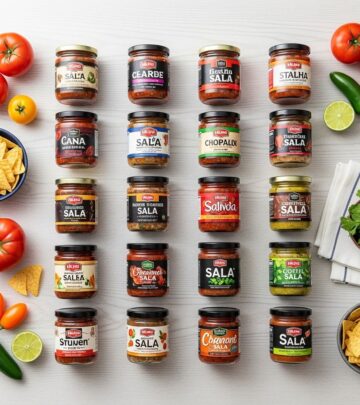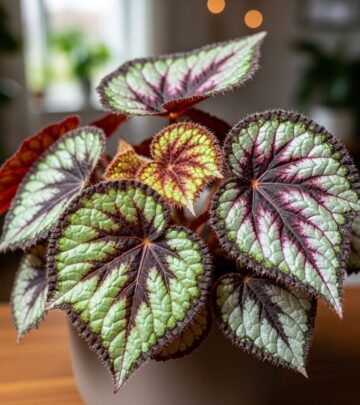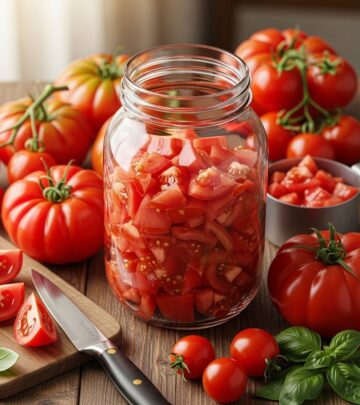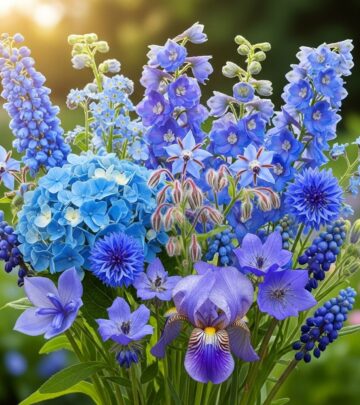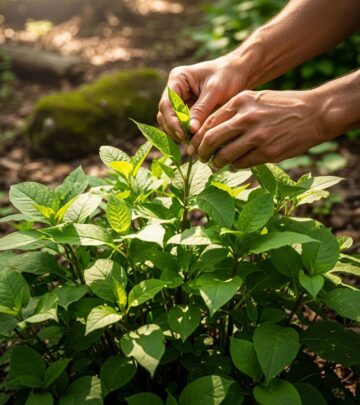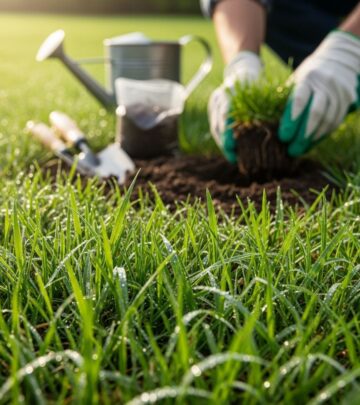21 Stunning Purple Annual Flowers for Vibrant Gardens
An effortless way to lure pollinators and add drama to your outdoor displays.
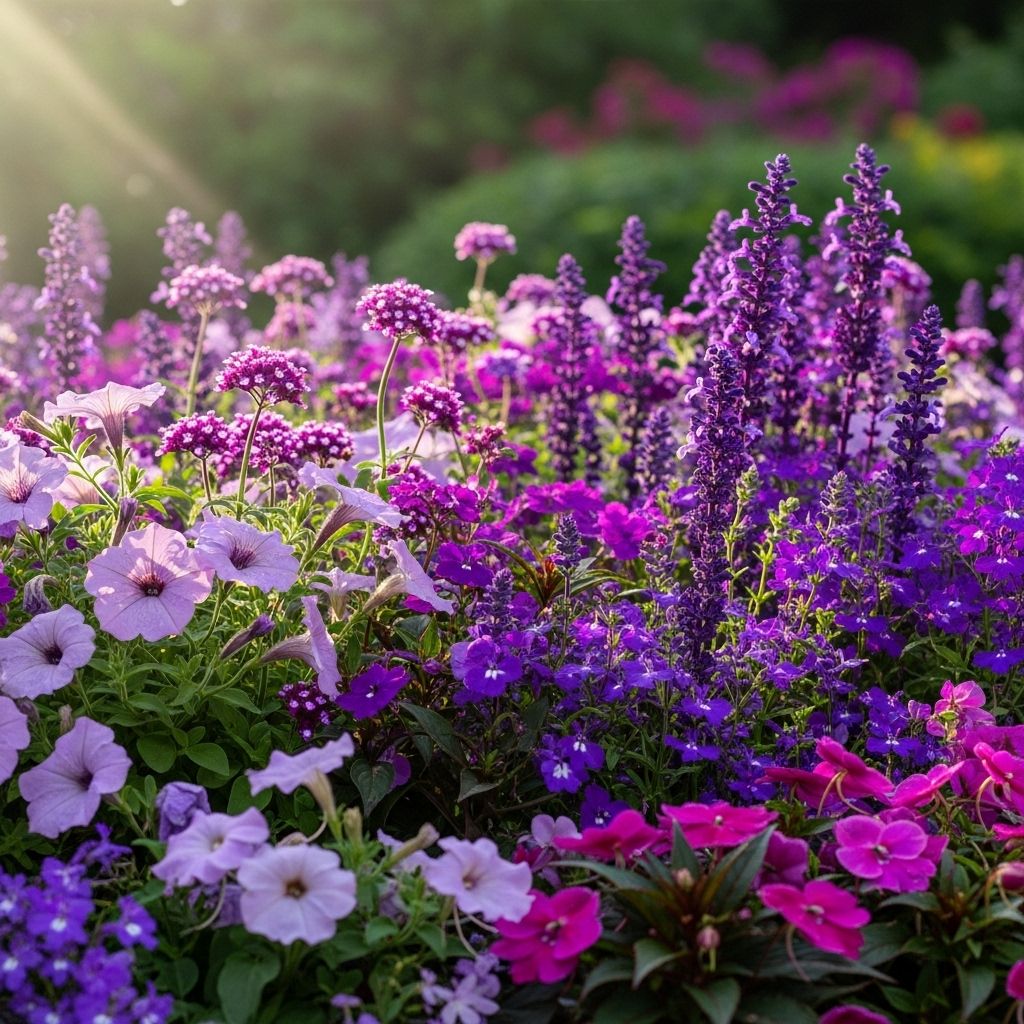
Image: HearthJunction Design Team
If you’re searching for ways to add vibrant, elegant, and dramatic color to your garden this year, purple annual flowers are an exceptional choice. With hues that range from deep violet to soft lavender, these blooms offer visual interest, attract pollinators, and provide versatile options for containers, borders, and flower beds. Whether your goal is a floral display that turns heads all summer or a low-maintenance burst of color, you’ll find the perfect picks among these 21 favorite purple annuals.
Why Choose Purple Annual Flowers?
Purple is a standout color in the garden, symbolizing creativity, luxury, and tranquility. Annual flowers give you the flexibility to switch up your color scheme each season and try new varieties, even treating some perennials as annuals in colder or warmer hardiness zones. This approach allows for a wider range of choices and ensures your garden stays fresh and exciting year after year.
Top 21 Purple Annual Flowers for Your Garden
Here’s a carefully curated list of the most eye-catching purple annuals, including both classic favorites and unique standouts ideal for gardeners of all skill levels. Some of these flowers are technically perennials but are commonly grown as annuals, giving you even more versatility in your planting plans.
- Zinnia (Giant Purple)
- Petunia
- Verbena
- Salvia
- Sweet Alyssum
- Lobelia
- Ageratum
- Statice
- African Daisy (Osteospermum)
- Snapdragon
- Love-in-a-Mist (Nigella)
- Cosmos
- Pansy & Viola
- Phlox
- Torenia (Wishbone Flower)
- Nolana
- Nicotiana (Flowering Tobacco)
- Cleome (Spider Flower)
- Vinca
- Calibrachoa
- Browallia
1. Zinnia (Giant Purple)
Zinnias are beloved for their long-lasting, vibrant blooms and easy care. The Giant Purple Zinnia variety features large, striking flowers—up to 6 inches across—atop tall, sturdy stems. These annuals bloom continuously from early summer to the first frost and are exceptionally heat and disease resistant, making them ideal for cut flower gardens, pollinator patches, and containers.
- Height: 40–50 inches
- Exposure: Full sun
- Bloom Period: Early/midsummer to frost
- Attributes: Attracts pollinators, deer resistant, good for cut flowers and containers
2. Petunia
Petunias are a classic favorite among gardeners for their wide array of colors, including many shades of purple—from pale lilac to velvety deep violet. Supertunia varieties, in particular, are prized for their vigorous growth, abundant blooms, and resilience in various climates. Petunias are perfect for hanging baskets, window boxes, and bedding displays.
- Exposure: Full sun to partial shade
- Height: 6–18 inches, depending on variety
- Best Use: Containers, borders, ground covers
3. Verbena
Verbena produces clusters of small, fragrant purple flowers that bloom profusely from spring through fall. It’s a magnet for butterflies and pollinators and thrives in hot, sunny areas where other flowers may struggle. Use verbena as a groundcover or in mixed containers for cascading color.
- Height: 6–18 inches
- Exposure: Full sun
- Garden Role: Borders, containers, hanging baskets
4. Salvia
Salvia offers elegant purple flower spikes that attract bees, butterflies, and hummingbirds. Annual salvias are easy to grow and drought-tolerant, with cultivars like ‘Victoria Blue’ and ‘Purple Majesty’ providing rich color and vertical interest in garden beds.
- Height: 12–36 inches
- Bloom Time: Summer to fall
- Best For: Pollinator gardens, cut flowers
5. Sweet Alyssum
Sweet Alyssum forms low, spreading mats covered in tiny, fragrant purple or lavender flowers. It’s ideal for borders, containers, and pathways, providing a soft carpet of color and attracting beneficial insects throughout the growing season.
- Height: 4–6 inches
- Exposure: Full sun to partial shade
- Attributes: Fragrant, pollinator-friendly
6. Lobelia
Few flowers can match the intense blue-purple of lobelia. With its compact size and trailing habit, lobelia is excellent for containers, window boxes, and edging. It prefers cooler weather and blooms best in spring and early summer.
- Height: 4–9 inches
- Bloom Time: Spring to early summer (may fade in heat)
7. Ageratum
Ageratum‘s fluffy, powder-blue or purple blossoms create a soft, cloud-like effect in the garden. These compact annuals are ideal for edging, mass plantings, or cottage-style gardens, and they bloom steadily from late spring through frost.
- Height: 6–18 inches
- Best Use: Bedding, borders, containers
8. Statice
Statice is a favorite among florists for its papery, long-lasting purple blooms that are perfect for fresh or dried arrangements. This annual has a strong upright form and blooms from summer into fall, thriving in dry or sandy soils.
- Height: 18–30 inches
- Bloom Time: Summer to early fall
- Attributes: Excellent as a cut or dried flower
9. African Daisy (Osteospermum)
Known for their daisy-like shape and vivid coloration, African daisies come in several shades of purple and thrive in warm, sunny spots. These annuals are drought-tolerant and add cheerful color to containers and garden beds.
- Height: 8–18 inches
- Exposure: Full sun
10. Snapdragon
Snapdragons add height and unique floral shapes to garden displays, with purple varieties lending both drama and a whimsical touch. These annuals are a mainstay in spring and fall gardens, thriving in cooler temperatures.
- Height: 12–36 inches
- Bloom Time: Spring and fall
- Attributes: Great for cut flowers, vertical accent
11. Love-in-a-Mist (Nigella)
Nigella, or love-in-a-mist, produces delicate, airy purple-blue blooms surrounded by fine, ferny foliage. It’s an easy direct-sow annual with distinctive seed pods and works well in cottage and wildflower gardens.
- Height: 12–24 inches
- Bloom Time: Late spring to early summer
12. Cosmos
Cosmos display daisy-like flowers with a range of colors, including light to deep purples. These annuals are low maintenance, drought-tolerant, and prolific bloomers that excel in wildflower meadows and borders.
- Height: 18–48 inches
- Exposure: Full sun
13. Pansy & Viola
Pansies and violas provide velvety, often bicolored blooms in many shades of purple, with cheerful ‘faces’ that brighten up cool-season beds and containers. These annuals can tolerate light frost and are often planted in early spring or fall.
- Height: 4–8 inches
- Bloom Time: Spring and fall
14. Phlox
Annual phlox offers clouds of vibrant, fragrant purple flowers that bloom from summer through frost. It grows well in containers, as edging, or in massed plantings, attracting pollinators and providing a lush, cottage-garden feel.
- Height: 10–18 inches
15. Torenia (Wishbone Flower)
Torenia is a shade-loving annual with trumpet-shaped, bicolored purple and blue blooms and a charming, mounding habit. It’s ideal for shady beds, hanging baskets, and window boxes.
- Height: 6–12 inches
- Bloom Time: Late spring to fall
16. Nolana
Nolana, sometimes called Chilean bellflower, features trailing stems and sky-blue to purple trumpet-shaped blooms. Perfect for rock gardens, containers, or as a groundcover, it handles heat and dry soil with ease.
- Height: 4–8 inches (trailing)
17. Nicotiana (Flowering Tobacco)
Nicotiana produces clusters of tubular, sweetly-scented flowers in white, pink, and purple shades. It’s a favorite for moon gardens and evening displays, drawing in night pollinators with its fragrance.
- Height: 12–36 inches
- Best Use: Fragrant beds, containers
18. Cleome (Spider Flower)
Cleome offers striking spidery blooms in pinks, purples, and whites. These tall annuals add drama and airy texture to backgrounds or mixed borders and are a favorite among hummingbirds and bees.
- Height: 36–60 inches
19. Vinca
Also known as Madagascar periwinkle, vinca produces glossy, evergreen leaves and delicate purple, lavender, or white blooms all season. It thrives in heat and humidity, requiring little maintenance once established.
- Height: 6–18 inches
- Exposure: Full sun to part shade
20. Calibrachoa
Resembling miniature petunias, calibrachoa boasts abundant, trailing purple flowers ideal for cascading containers, baskets, and window boxes. They flower non-stop from spring to frost with minimal care.
- Height: 6–12 inches (trailing)
- Attributes: Heat-tolerant, prolific bloomer
21. Browallia
Browallia, or sapphire flower, is a shade-loving annual that features deep purple star-shaped blossoms. This plant is perfect for brightening shady corners and underplanting beneath taller annuals or perennials.
- Height: 12–18 inches
Tips for Growing Purple Annuals
- Understand your hardiness zone: Some purple “annuals” may be perennials in warmer climates, so check your zone for the best planting options.
- Soil preparation: Most annuals prefer well-draining, fertile soil. Amend your planting beds with compost for robust growth.
- Sunlight: While many purple annuals love full sun, some (like browallia and torenia) prefer partial shade. Group accordingly.
- Feed and water: Regular feeding with a balanced fertilizer and consistent watering will keep your blooms vibrant all season.
- Deadheading: Remove spent blooms to encourage continual flowering and maintain a tidy garden appearance.
Garden Design Ideas with Purple Annual Flowers
- Monochrome borders: Plant different shades and textures of purple for an elegant, unified look.
- Pollinator patches: Combine salvia, verbena, and zinnia to attract butterflies, bees, and hummingbirds.
- Mixed containers: Pair trailing calibrachoa with upright zinnias for layered color.
- Cool combos: Blend purple annuals with silver foliage or white flowers for a tranquil, nighttime garden.
- Cottage charm: Intermix purple cosmos, nigella, and pansies for a soft, romantic feel.
Purple Annual Flower Comparison Table
| Name | Height | Sunlight | Notable Features |
|---|---|---|---|
| Zinnia | 40–50″ | Full sun | Large, long-lasting blooms; heat tolerant |
| Petunia | 6–18″ | Full sun–part shade | Tolerant, prolific, wide variety of shades |
| Verbena | 6–18″ | Full sun | Fragrant, pollinator-friendly, drought tolerant |
| Salvia | 12–36″ | Full sun | Attracts hummingbirds, vertical accent |
| Lobelia | 4–9″ | Part sun | Intense blue-purple, trailing habit |
| Browallia | 12–18″ | Shade–part shade | Star-shaped, shade tolerant |
Frequently Asked Questions (FAQs)
Q: What makes a flower an annual?
A: An annual flower completes its lifecycle—germination, flowering, seed production, and death—within a single growing season. Some plants that are technically perennials in warm climates are grown as annuals in colder regions.
Q: Why do some people treat perennials as annuals?
A: In climates that are too cold (or too hot) for certain perennials to survive year-round, gardeners grow them as annuals for reliable seasonal color and to access a wider range of flowers that wouldn’t otherwise thrive.
Q: How do I keep my purple annuals blooming longer?
A: Deadheading spent blooms, consistent watering, and periodic feeding can extend the flowering period for most annuals.
Q: Which purple annuals are best for pollinators?
A: Zinnias, verbena, salvia, statice, and sweet alyssum are excellent choices for attracting butterflies, bees, and hummingbirds.
Q: Can I collect seeds from my annuals for next year?
A: Many annuals produce viable seeds, but some hybrid varieties may not come true to type. For open-pollinated types (like zinnia, cosmos, and nigella), saving seeds is easy and rewarding.
Conclusion
From elegant salvias and robust zinnias to delicate lobelias and fragrant nicotiana, purple annual flowers offer unparalleled beauty and diversity for gardeners. Mix and match your favorites from this list to create custom displays that surprise you with new colors and forms each year. With a little planning, your garden will become a showcase of purple blooms—vivid, vibrant, and bursting with life from spring until frost.
References
- https://www.epicgardening.com/purple-annual-flowers/
- https://shop.epicgardening.com/products/giant-purple-zinnia
- https://gardeningsimplifiedonair.com/episode-125-2025-houseplant/
- https://www.botanicalinterests.com/community/blog/annual-flowers-seed/
- https://www.epicgardening.com/love-in-a-mist-nigella/
Read full bio of Srija Burman



